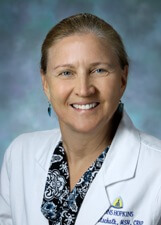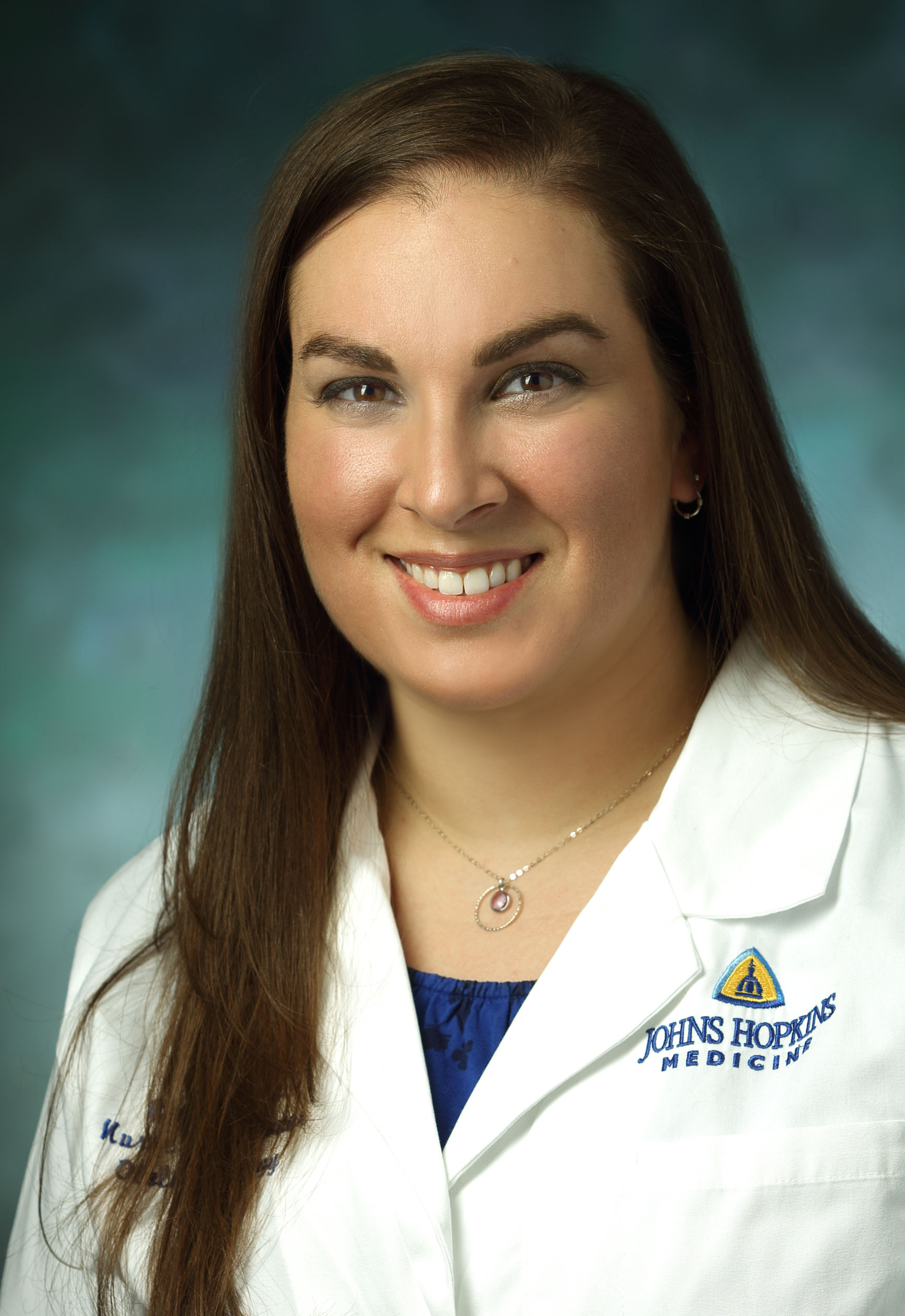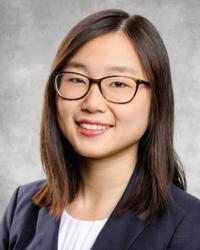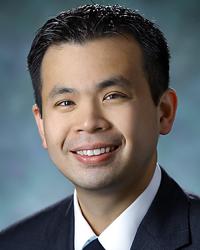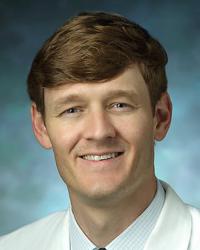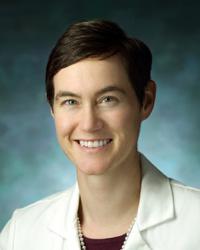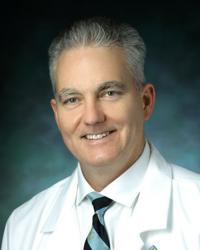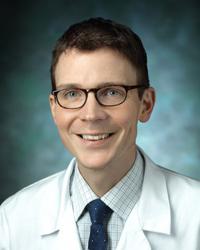-
John P. Carey, MD
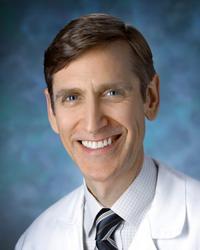
- Chief, Division of Otology, Neurotology and Skull Base Surgery
- Professor of Otolaryngology-Head and Neck Surgery
-
Charley Coleman Della Santina, MD PhD
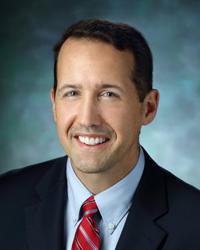
- Director, Johns Hopkins Cochlear Implant Center
- Professor of Otolaryngology-Head and Neck Surgery
-
Deepa J. Galaiya, MD
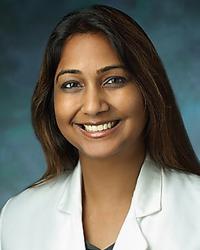
- Associate Residency Program Co-Director
- Assistant Professor of Otolaryngology-Head and Neck Surgery
-
Frank Lin, MD PhD
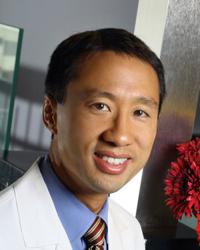
- Director, Cochlear Center for Hearing and Public Health, Johns Hopkins Bloomberg School of Public Health
- Professor of Otolaryngology-Head and Neck Surgery
The Johns Hopkins Otology, Neurotology and Skull Base Surgery team is comprised of otolaryngologists who have specialized training to diagnose and treat disorders of the inner ear, auditory nerve and base of the skull. They help people who have conditions such as superior canal dehiscence, acoustic neuromas and tumors of the skull base.
Explore On This Page:
Conditions We Treat | Meet Our Specialists | Locations | Video Library
Schedule an Appointment
Schedule by phone
Schedule online through MyChart
Why Choose Johns Hopkins for Otology and Neurotology
Advanced Research
Multi-Specialty Team
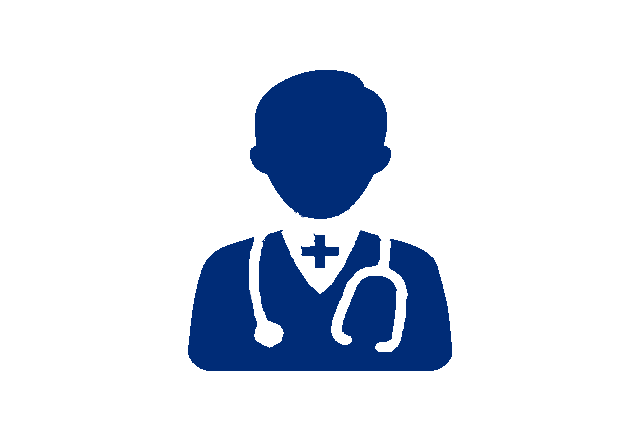
Comprehensive Care

Conditions We Treat
Tumors and Disorders of the Ear and Lateral Skull Base
- Acoustic neuromas (vestibular schwannomas)
- Meningioma
- Glomus tumors (glomus jugulare, glomus tympanicum)
- Facial nerve schwannoma (in collaboration with the Facial Nerve Schwannoma Center)
- Rare tumors (lipoma, rhabdomyosarcoma, chordoma, chondrosarcoma, inflammatory pseudotumor)
- Cerebrospinal fluid leaks
- Pulsatile tinnitus and vascular anomalies of the temporal bone
Hearing Loss
- Age-related hearing loss
- Congenital hearing loss
- Otosclerosis
- Ossicular erosion
- Sudden hearing loss
- Autoimmune inner ear disease
Chronic Ear Conditions
- Chronic otitis media and mastoiditis
- Tympanic membrane perforation
- Cholesteatoma (skin cyst of the ear)
Otology & Neurotology Video Library
Superior Canal Dehiscence Syndrome – Getting a Correct Diagnosis
Johns Hopkins otologist and SCDS surgeon John Carey, M.D., discusses the importance of getting an accurate SCDS diagnosis, as this condition can be misdiagnosed. Learn about the symptoms of SDCS and what tests are needed for an accurate diagnosis.
Superior Canal Dehiscence Syndrome – Patient and Physician Discuss Hospital Stay After SCDS Surgery
Steph shares her experiences of staying at The Johns Hopkins Hospital after two surgeries to repair bilateral SCDS with her surgeon, John Carey, M.D. Learn about what she packed, her vestibular therapy and her hospital stay.
Superior Canal Dehiscence Syndrome Surgery – Patient and Physician Discuss One-Sided SCDS Repair
Carrie discusses what it was like facing a one-sided superior canal dehiscence syndrome (SCDS) repair with her Johns Hopkins surgeon, John Carey, M.D. Hear about her concerns, how she coped with her presurgical anxiety and how she feels now having gone through the procedure.
Superior Canal Dehiscence Syndrome Surgery – Patient and Physician Discuss Post-Surgery Experience
Ben discusses his post-operative experience following his first SCDS surgical repair with his surgeon, John Carey. M.D., from Johns Hopkins. Hear about Ben’s recovery, the symptoms he experienced, his participation in vestibular therapy and when he was able to return to normal activities.
Age-Related Hearing Loss (Presbycusis)
Nurse practitioner Rachel Hisim talks about presbycusis, which is age-related hearing loss that happens gradually in high pitches in both ears.
Vestibular Migraine Headaches
Nurse practitioner Rachel Hisim discusses vestibular migraine headaches, which are categorized as atypical and marked by dizziness, ear pain, sinus pressure or ringing in the ear.
Meet Our Specialists
Get to know our multidisciplinary team of skull base surgeons, neurologists, nurses and other medical specialists.
Nurse Practitioners
Barbara Gottschalk, MSN, CRNP
Clinical Interests: Otology and Cochlear implants
